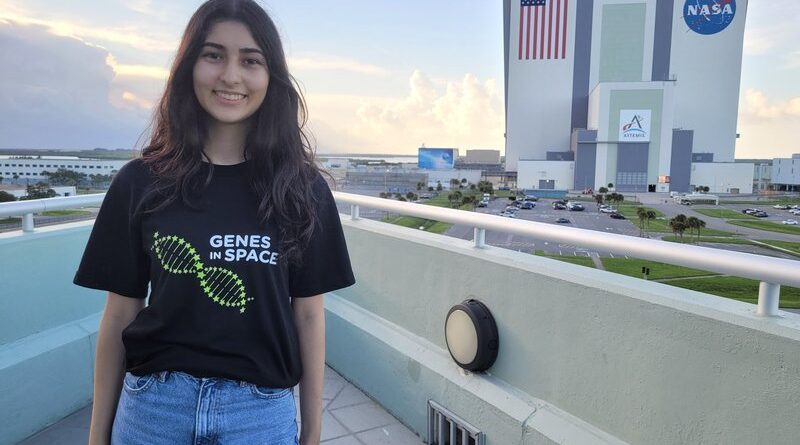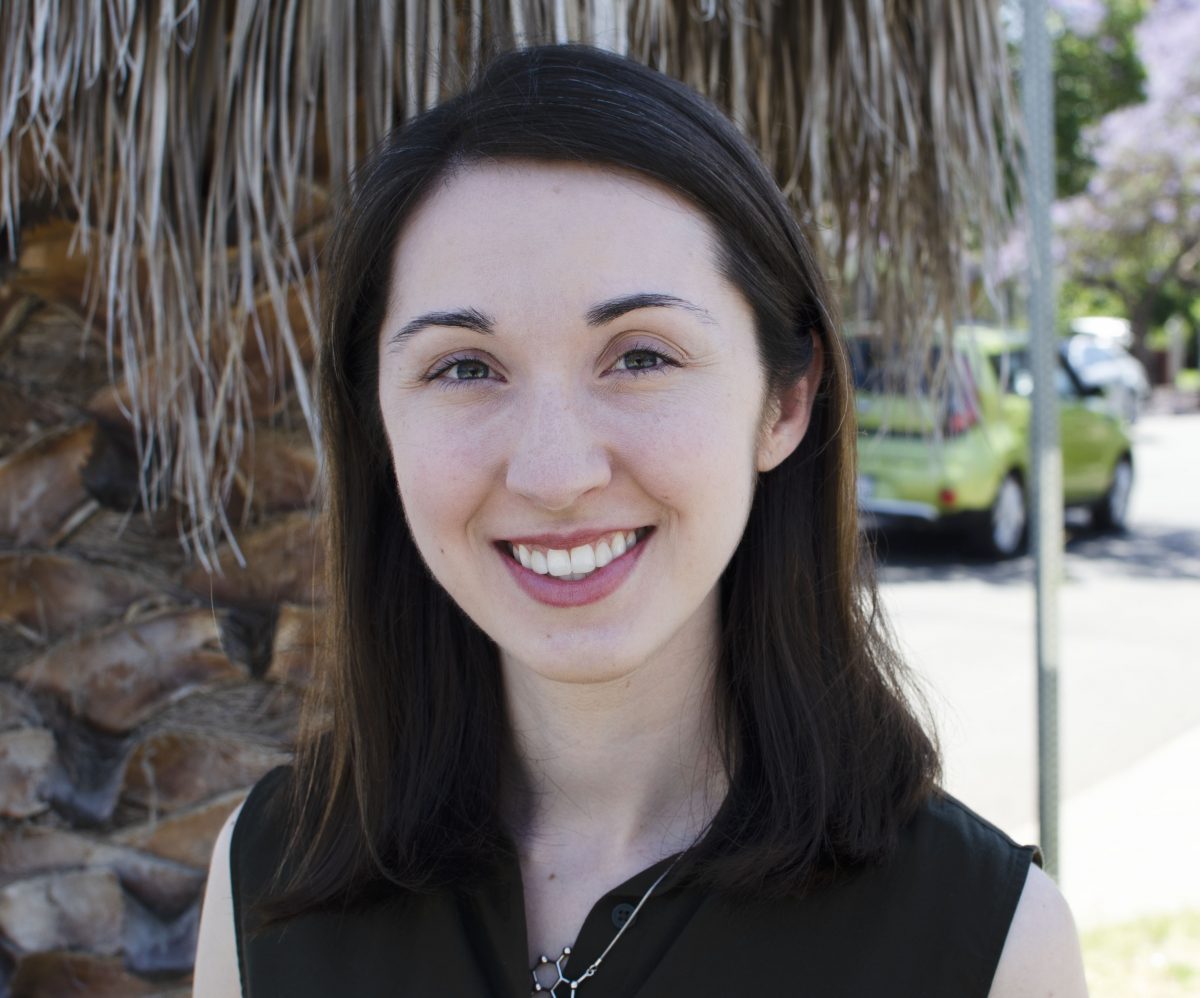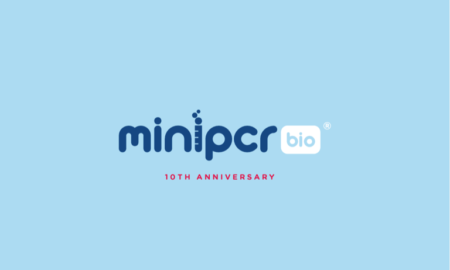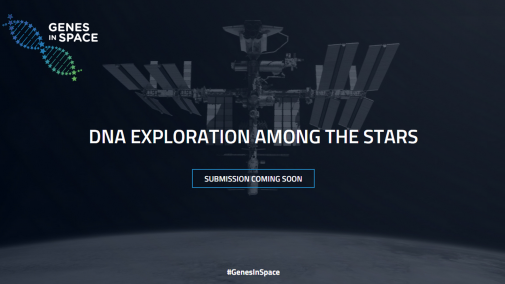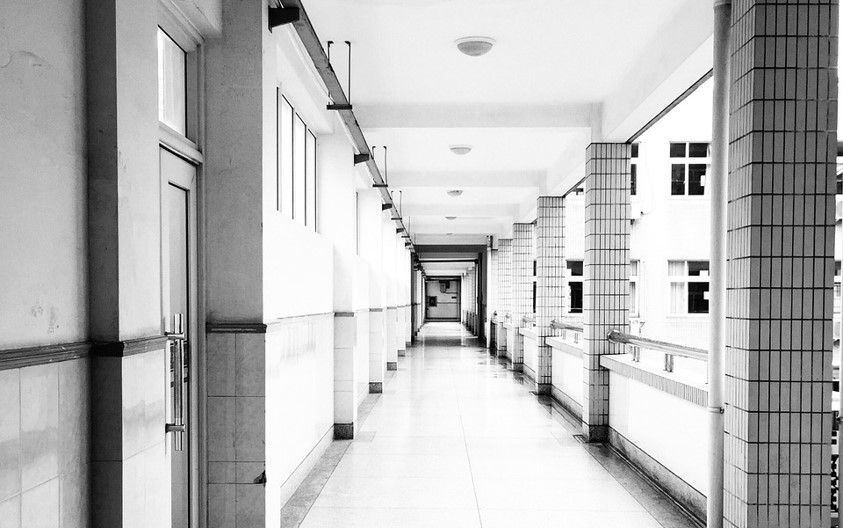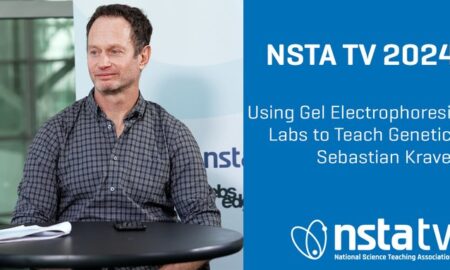Student-led development of biosensors for space is published
Cambridge, MA, March 6, 2024 – The student winner of the 2021 Genes in Space competition has published the results of her groundbreaking research investigation in the open-access journal ACS Synthetic Biology. Selin Kocalar (20), who developed the investigation as a high school student, used a technology known as cell-free protein synthesis (CFPS) to build environmental sensors that can be deployed quickly and simply in space.
Aboard the International Space Station (ISS), RNA and proteins were made using a CFPS system called BioBits®, which uses freeze-dried cellular components to manufacture biomolecules from DNA without the need for living cells. The manufactured biomolecules were designed to emit visible fluorescence in response to specific chemical or RNA signatures, revealing the presence of environmental contaminants. Kocalar’s experiments are thus the first to demonstrate that CFPS deployed in space can detect low levels of potentially harmful chemical or biological molecules in a microgravity environment.
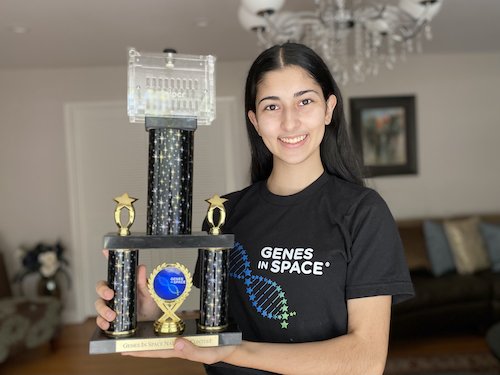
“This project is the result of an exceptional young scientist who saw an area of unmet need in space travel and devised an elegant solution that will greatly expand the technological capabilities of the ISS,” said Harvard mentor Dr. Bess Miller. “The success of Selin’s project opens the door for a plethora of new environmental monitoring and other biosensor-based assays that will greatly aid future spaceflight missions.” Because of its low cost, portability, and ease of use, CFPS has tremendous potential for on-site diagnostics in space habitats as well as in low-resource environments on Earth. Furthermore, the successful use of CFPS technology on an orbital spacecraft represents a significant milestone for space exploration, one that could open the way to on-demand production of protein-based medicines with minimal equipment at the point of need.
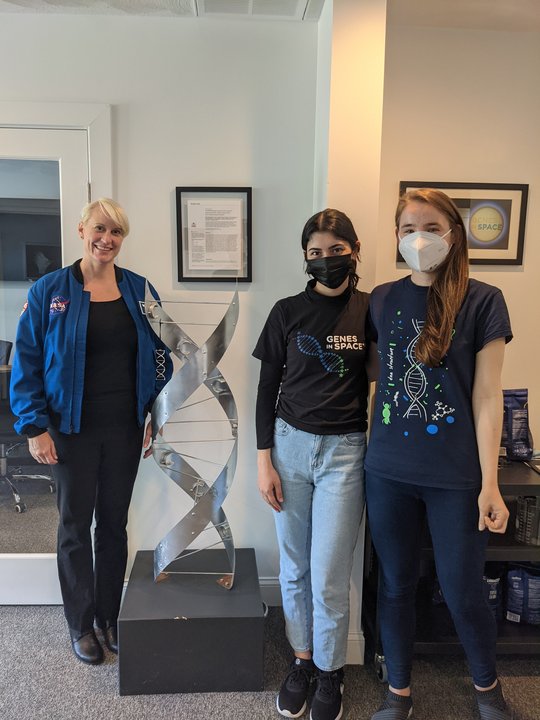
This research builds on space biology research designed by previous Genes in Space winners. The contest, founded in 2015 by Boeing and miniPCR bio, challenges U.S. students in grades 7-12 to design DNA analysis experiments for space. Winning experiments are carried out aboard the ISS. This particular procedure was completed by astronaut Bob “Farmer” Hines in July 2022.
Media contact: Marc Bliss, genesinspace@minipcr.com, 781-990-8727
About Genes in Space
Genes in Space™ is a national STEM contest that challenges students in grades 7 through 12 to design biotechnology experiments for space. Winning experiments are performed in the International Space Station National Lab, a platform for cutting-edge research and technology development that enables future space exploration. Genes in Space™ accepts applications between January and April each year. The contest is a collaboration between miniPCR bio™ and ISS prime contractor Boeing, with generous support from the ISS U.S. National Laboratory and New England Biolabs®. To learn more visit genesinspace.org

